Content
Free Mental Health Assessment
Here's How Long Lexapro Stays in Your System

Reviewed by Daniel Z. Lieberman, MD
Written by Hadley Mendelsohn
Published 07/11/2022
Updated 12/04/2024
How long does Lexapro® stay in your system? This brand-name antidepressant medication containing the active ingredient escitalopram stays in your system for about six days after you take it.
But how long it stays in your body can vary depending on several factors, like your metabolism, other medications you’re taking, and your overall health.
Lexapro is commonly prescribed to treat depression and generalized anxiety disorder (GAD) — in fact, it’s one of the most widely used prescription medications in the U.S.
If you’ve been prescribed Lexapro and are thinking about stopping it, it’s really important to do so in the safest way possible.
We’ll walk you through everything you need to know, from how long Lexapro stays in your system to its half-life, total elimination time, and how to safely taper off of it.
Content
What Is the Half-Life of Lexapro?
Most medications have a half-life — a fixed amount of time for the drug’s concentration in your body to decrease by half after you take it.
Half-lives can vary hugely from one medication to another. For example, some medications quickly reduce to half their original concentration in just a few hours, while others may require several days.
Escitalopram (the active ingredient in Lexapro) has a half-life between 27 and 32 hours. This means that if you take Lexapro, each dose will reach half its concentration in roughly 27 to 32 hours.
For instance, let’s say you’re prescribed Lexapro at the typical recommended dose of 10 milligrams (mg) per day to treat depression — assuming there are no other factors affecting how your body clears the medication (like drug interactions, kidney function, etc.). In that case, the medication would reduce in concentration like this:
After 27 to 32 hours, 5 milligrams of the initial 10-milligram dose would remain in your body.
After 54 to 64 hours, 2.5 milligrams of the initial 10-milligram dose would still be in your body.
After 81 to 96 hours, 1.25 milligrams of the initial 10-milligram dose would remain in your body.
This process continues, with your body gradually metabolizing and excreting Lexapro until the medication is entirely out of your system.
According to research, it takes between four and five half-lives for the concentration of a medication to decline to a clinically irrelevant level. In other words, it would be eliminated from the body within four to five half-lives.
So, on average, it takes 128 to 160 hours (or 5.3 to 6.7 days) for your body to fully process a dose of Lexapro. Beyond that point, only tiny, clinically insignificant amounts of the medication will remain in your system. (Clinically insignificant means a drug doesn’t impact how a person feels or functions.)
How quickly your body processes and gets rid of Lexapro (or other medications) can depend on a few factors. These include:
Age. Research shows that age can often play a role in medication half-life. For older adults, it generally takes more time to metabolize and excrete each dose of Lexapro.
Liver and kidney health. Lexapro, like many other medications, is processed by the liver and kidneys. If you have liver or kidney health issues, your body may take longer to metabolize and excrete this medication.
How to Stop Using Lexapro Safely
If you’re prescribed Lexapro, you shouldn’t stop taking it without talking to your healthcare provider first.
Stopping Lexapro cold turkey can cause a range of withdrawal symptoms, often called antidepressant discontinuation syndrome.
If you abruptly stop taking Lexapro or significantly reduce your dose, you might experience antidepressant withdrawal symptoms, including (but not limited to):
Dizziness
Headache
Mood swings and irritability
Nausea or vomiting
Sleep disturbances like nightmares
High blood pressure (hypertension)
Paresthesias (abnormal skin sensations)
Drowsiness
Brain zaps (a feeling of electric jolts to the brain or other body parts)
General flu-like symptoms
Stopping treatment with Lexapro could also cause symptoms of depression or anxiety to reemerge. If you experience worsening symptoms or suicidal thoughts, seek medical care right away.
Again, if you’re prescribed Lexapro and don’t want to keep taking it, talk to your healthcare provider before making any changes.
They might recommend gradually lowering or tapering your higher dose of Lexapro over the course of several weeks or months. This may make it less likely you’ll experience withdrawal symptoms or a relapse of depression or anxiety.
It’s worth noting that stopping escitalopram won’t make you crave the drug. Even though there’s potential for Lexapro withdrawal symptoms, it’s not an addictive drug, so you wouldn’t need addiction treatment.
Understanding your medication can make a big difference in feeling more in control of your health. So, let’s break it down.
Escitalopram belongs to a group of medications called selective serotonin reuptake inhibitors, or SSRIs.
The U.S. Food and Drug Administration (FDA) approved it to treat major depressive disorder and generalized anxiety disorder. Escitalopram is also sometimes an off-label treatment option for obsessive-compulsive disorder (OCD) and other mental health conditions, like panic disorder (which is marked by panic attacks).
(Off-label use means a drug is prescribed to treat something it’s not FDA-approved for — a legal and common practice.)
Lexapro acts on a chemical in the brain called serotonin, often referred to as one of the “feel-good” chemicals.
Essentially, Lexapro helps your brain maintain higher levels of serotonin activity by preventing serotonin from being reabsorbed back into the brain cells that released it. This can make a real difference in how you feel day-to-day — helping ease anxiety, improve your mood, boost energy levels, and ultimately improve overall well-being.
Read our full guide to escitalopram for answers to FAQs and details about the common side effects of Lexapro, who it’s for, and more.
How long does Lexapro stay in your system? Here’s what to remember about Lexapro’s elimination time:
Lexapro stays in your system for about six days, assuming you don’t have liver or kidney issues that could affect your body’s ability to metabolize and excrete its active ingredient.
A drug’s half-life is the amount of time it takes for the concentration to decrease by half of its initial dose in the body. A typical dose of Lexapro is eliminated from your system within four to five half-lives (six-ish days).
Stopping Lexapro abruptly can lead to emotional and physical symptoms of withdrawal, including irritability, nausea, and sleep issues. But you probably won’t need to do inpatient detox under medical care.
If you’re prescribed Lexapro for depression or anxiety, don’t stop taking it without first talking to your healthcare provider. They can let you know how to stop using Lexapro without withdrawal symptoms or other significant safety issues.
If you think you might benefit from an anti-anxiety or antidepressant medication — or you’d like to explore other options — use our online psychiatry platform to connect with a healthcare professional.
This article is for informational purposes only and does not constitute medical advice. The information contained herein is not a substitute for and should never be relied upon for professional medical advice. Always talk to your doctor about the risks and benefits of any treatment. Learn more about our editorial standards here.
8 Sources
- Bamalan OM, et al. (2023). Physiology, serotonin. https://www.ncbi.nlm.nih.gov/books/NBK545168/
- Gabriel MA, et al. (2017). Antidepressant discontinuation syndrome. https://www.ncbi.nlm.nih.gov/pmc/articles/PMC5449237/
- Garza AA, et al. (2023). Drug elimination. https://www.ncbi.nlm.nih.gov/books/NBK547662/
- Hallare JE, et al. (2023). Half life. https://www.ncbi.nlm.nih.gov/books/NBK554498/
- Landy KR, et al. (2023). Escitalopram. https://www.ncbi.nlm.nih.gov/books/NBK557734/
- LEXAPRO® escitalopram tablets and oral solution for oral use. (2002). https://www.accessdata.fda.gov/drugsatfda_docs/label/2021/021365s038,021323s053lbl.pdf
- Mangoni AA, et al. (2004). Age-related changes in pharmacokinetics and pharmacodynamics: basic principles and practical applications. https://pmc.ncbi.nlm.nih.gov/articles/PMC1884408/
- National Alliance of Mental Illness (NAMI). (2024). Escitalopram (Lexapro). https://www.nami.org/about-mental-illness/treatments/mental-health-medications/types-of-medication/escitalopram-lexapro/
Editorial Standards
Hims & Hers has strict sourcing guidelines to ensure our content is accurate and current. We rely on peer-reviewed studies, academic research institutions, and medical associations. We strive to use primary sources and refrain from using tertiary references. See a mistake? Let us know at [email protected]!
This article is for informational purposes only and does not constitute medical advice. The information contained herein is not a substitute for and should never be relied upon for professional medical advice. Always talk to your doctor about the risks and benefits of any treatment. Learn more about our editorial standards here.
Daniel Z. Lieberman, MD
Education
Doctor of Medicine - New York University Grossman School of Medicine, 1992
Bachelor of Arts - St. John’s College, 1985
Training
Internship & Residency - New York University Grossman School of Medicine, 1996
Medical Licenses
District of Columbia, 1996
Maryland, 2022
Virginia, 2022
Board Certifications
American Board of Psychiatry and Neurology, Psychiatry, 1997
American Board of Psychiatry and Neurology, Addiction Psychiatry, 1998
Other Certificates & Certifications
Stanford Online, AI in Healthcare Specialization Certificate, 2025
Stanford Online, Machine Learning Specialization Certificate, 2024
Affiliations & Memberships
Specialties & Areas of Focus
Mental Health
Years of Experience
33
Previous Work Experience
Professor and Vice Chair - Department of Psychiatry and Behavioral Sciences, George Washington University, 1996–2022
Publications & Research
Title: A neurotransmitter approach to the trolley problem
Published in: OBM Neurobiology
Date: 2019
URL: https://www.lidsen.com/journals/neurobiology/neurobiology-03-02-030
Title: An automated internet application to help patients with bipolar disorder track social rhythm stabilization
Published in: Psychiatric Services
Date: 2011
URL: https://psychiatryonline.org/doi/10.1176/ps.62.11.pss6211_1267
Title: Enhancing adherence to mood charting with an online version of the NIMH Life Chart
Published in: Annals of General Psychiatry
Date: 2010
URL: https://annals-general-psychiatry.biomedcentral.com/articles/10.1186/1744-859X-9-S1-S11
Title: The role of gender in single versus married patients with bipolar disorder
Published in: Comprehensive Psychiatry
Date: 2010
URL: https://www.sciencedirect.com/science/article/abs/pii/S0010440X0900128X
Title: Evaluation of the stability and validity of participant samples recruited over the Internet
Published in: CyberPsychology and Behavior
Date: 2008
Title: Pathways to change: The effect of a Web application on treatment interest
Published in: The American Journal on Addictions
Date: 2008
URL: https://onlinelibrary.wiley.com/doi/10.1080/10550490802138525
Media Mentions & Features
Washington Post, Why do passengers freak out on airplanes? Science might have the answer.
Associated Press, MillerCoors Tapping Into Millenials
The Washington Post, Holiday drinking can be hard on your health, but you can take precautions
Le Figaro (France), Daniel Z. Lieberman: «La dopamine nous pousse à acheter en nous promettant le bonheur» (Daniel Z. Lieberman: “Dopamine drives us to buy by promising us happiness”)
Men’s Health (Spain), Cómo la dopamina influye en nuestro cerebro y determina nuestra vida (How dopamine influences our brain and determines our lives).
CNBC, The psychological reason it’s so hard to work today after the riot — and how to cope
Business Insider, The reason why we self-sabotage is because our brains are wired to resist the things we want most in life
U.S. News & World Report, How Your Secrets Can Damage and Maybe Even Kill You
Why I Practice Medicine
I practice medicine because I believe that mental health is the foundation of a meaningful life. When people suffer psychologically, it touches every part of their existence—from relationships to work to the simple ability to feel joy. Because it can be so difficult for people who are suffering to find good mental health care, my mission has been to expand access through technology, so that no one is left behind.
Hobbies & Interests
I like to write in my spare time. I’ve written two nonfiction titles, Spellbound: Modern Science, Ancient Magic, and the Hidden Potential of the Unconscious Mind and the international bestseller, The Molecule of More: How a Single Chemical in Your Brain Drives Love, Sex, and Creativity--and Will Determine the Fate of the Human Race
Professional Website or Profile
danielzlieberman.com
Related Articles
Related Conditions
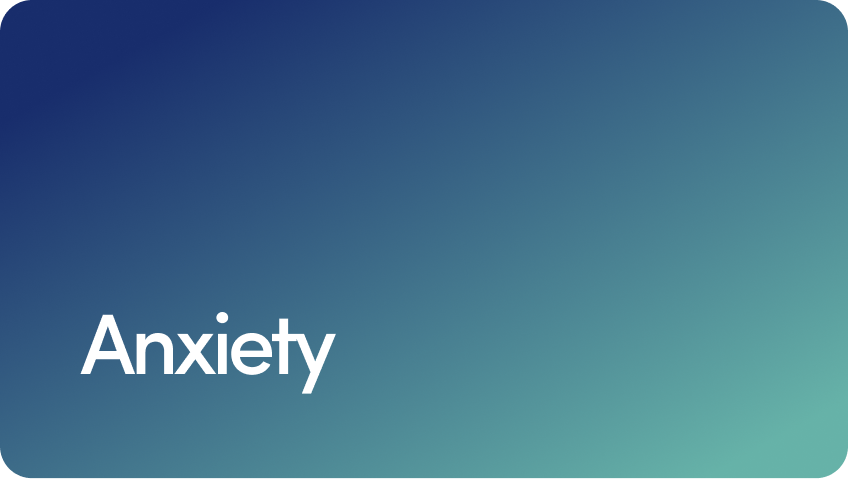 Anxiety
Anxiety
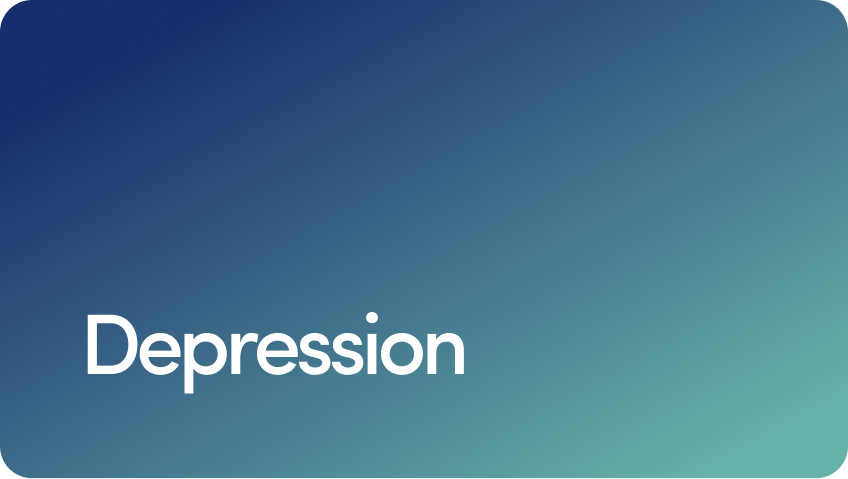 Depression
Depression
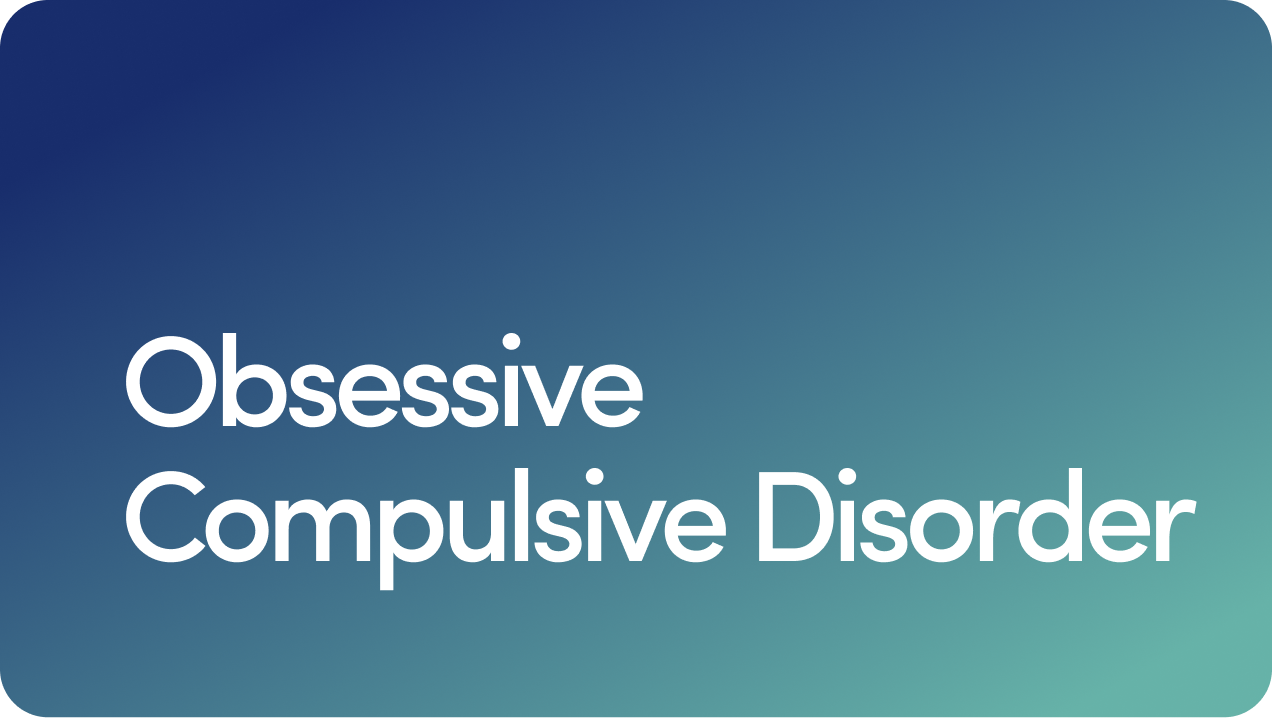 OCD
OCD
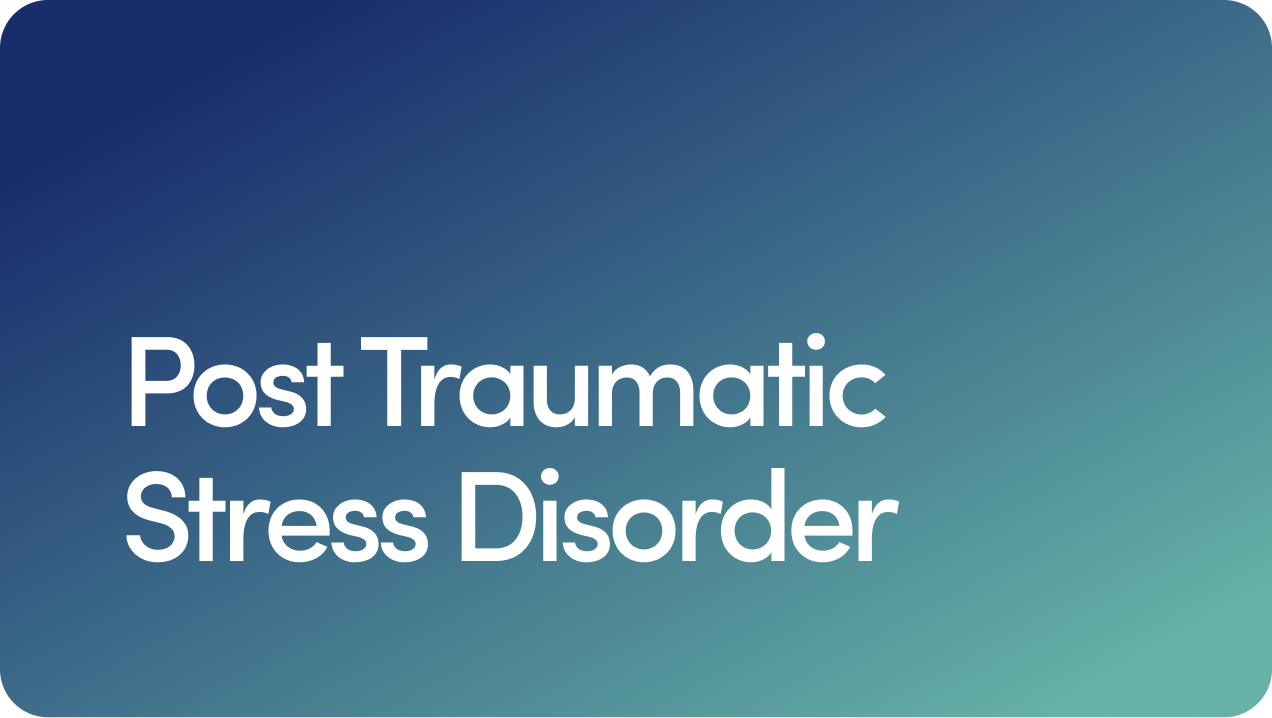 PTSD
PTSD
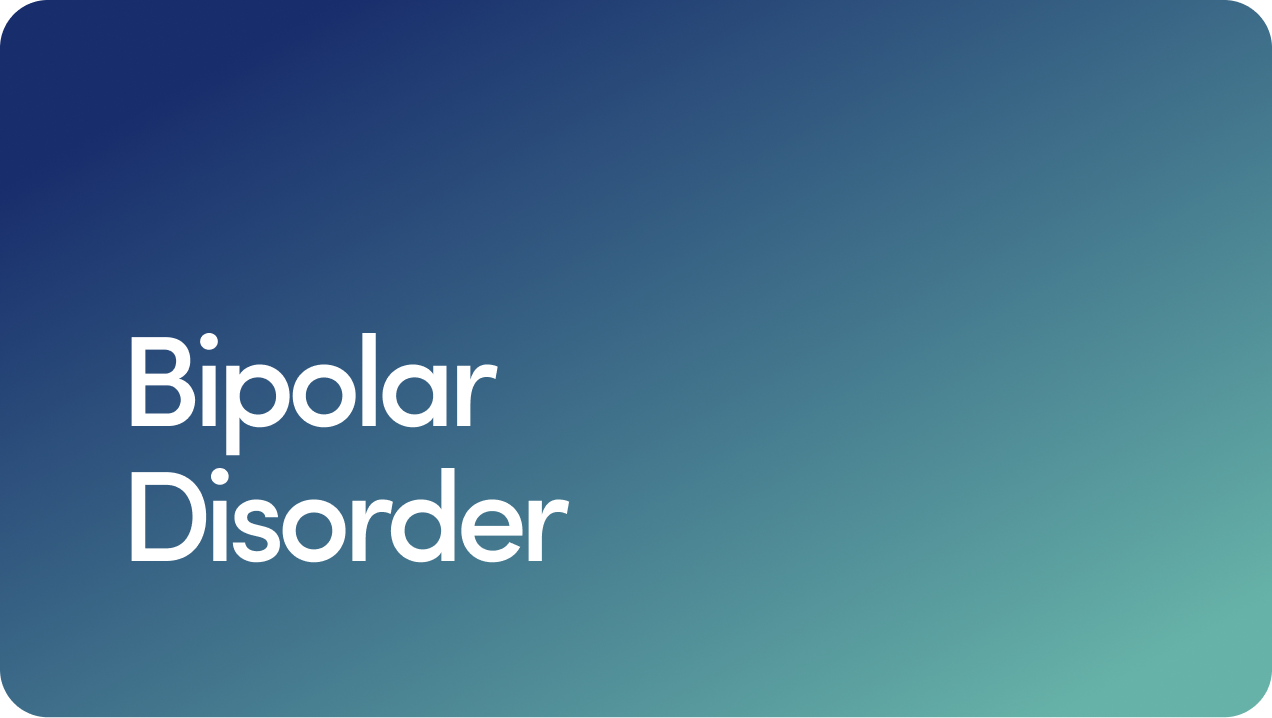 Bipolar Disorder
Bipolar Disorder
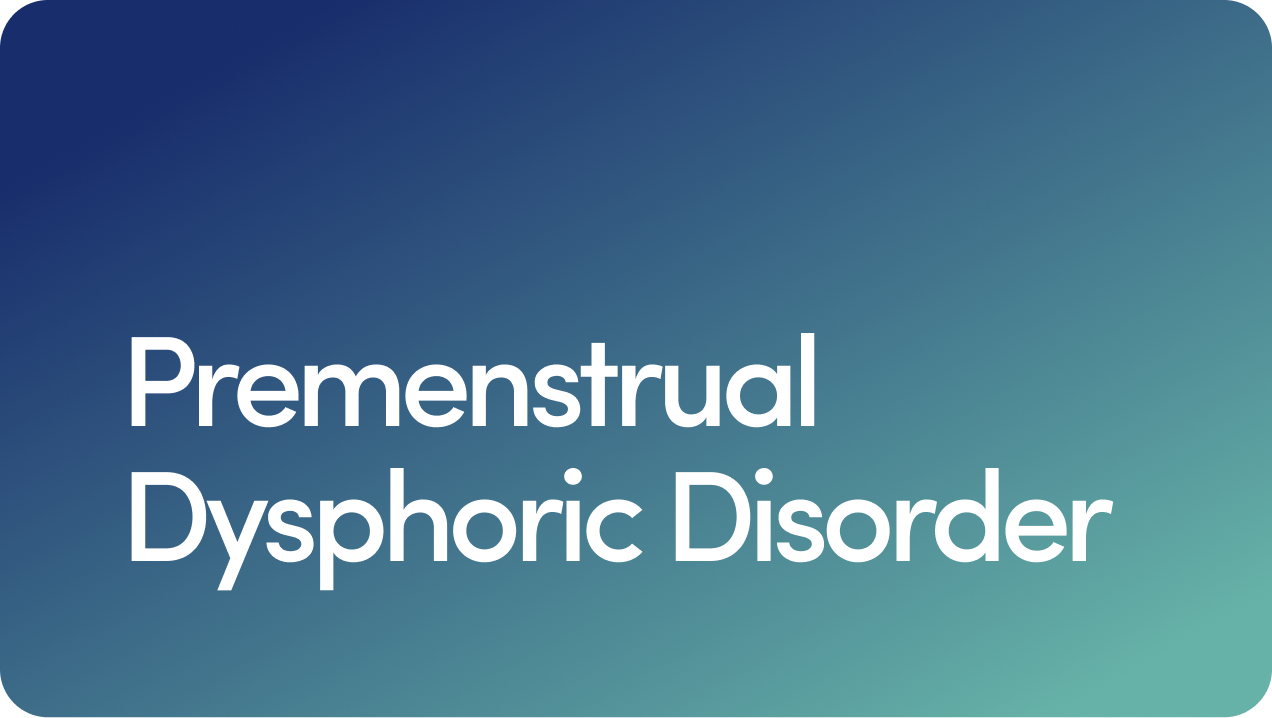 Premenstrual Dysphoric Disorder
Premenstrual Dysphoric Disorder